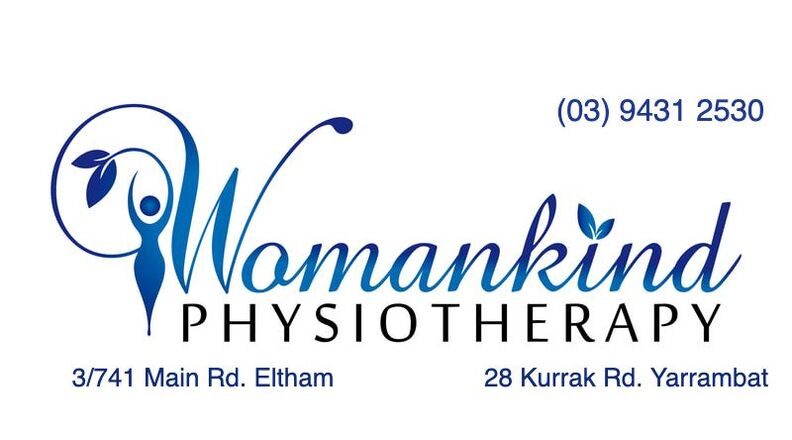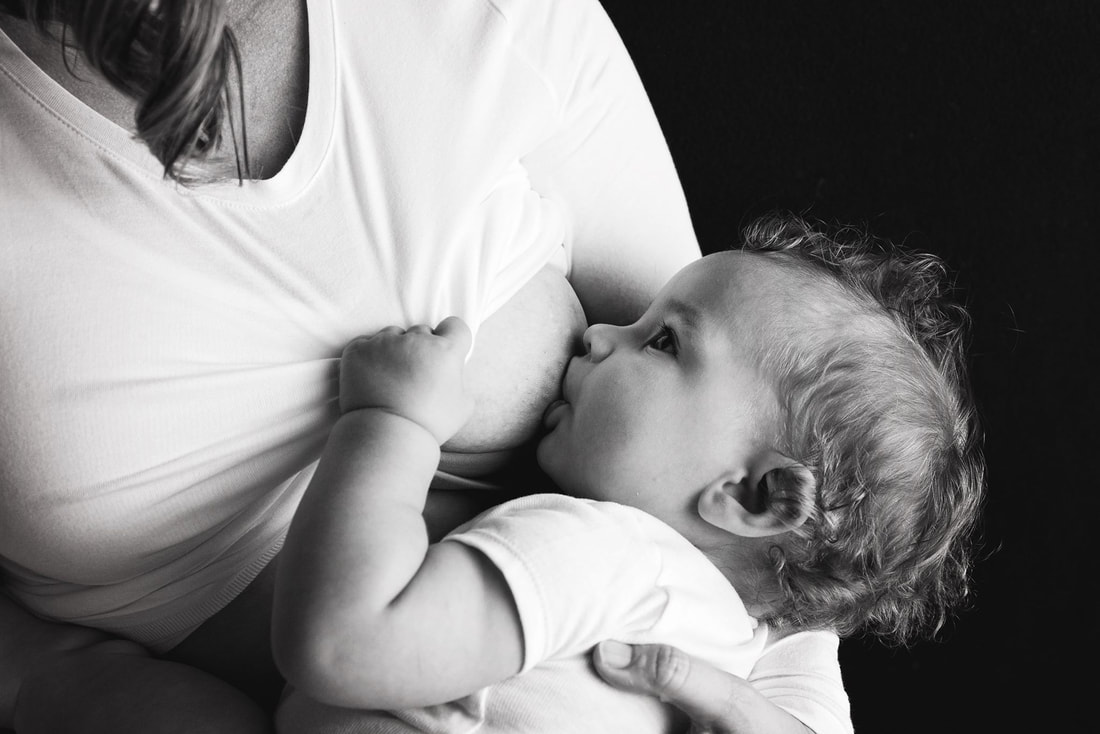|
Breastfeeding. We’ve done it since the dawn of time. And yet, before having a baby, we rarely stop to consider that it might be harder than it sounds! By the time we give birth we’ve heard from many well-meaning family members and health professionals that ‘breast is best’ and that ‘it is the biological norm’. So then, if we do encounter breastfeeding problems (like mastitis), it is easy to feel confused, guilty, overwhelmed or wonder ‘what is wrong with me?’ Please know that if you have/had mastitis you are not alone! In fact, mastitis affects up to 20% of breastfeeding women and occurs most commonly within the first six weeks after having a baby, but can occur at any time (Amir & Academy of Breastfeeding Medicine Protocol, 2014). Women who have had mastitis once are more likely to get it again, unless they receive the right help to correct the underlying causes. Unfortunately, women are often bombarded with conflicting information on how to best treat mastitis. And sadly, as a result women often feel that ceasing to breastfeed is the only realistic option they have. As a physiotherapist working in the field of women’s health on both a maternity ward and in a private practice, I treat many women with mastitis. It is a miserable, horrible and overwhelming time for new mothers. And it is so important that you get the right information as soon as possible. Here is some handy evidence-based info to get you started! What is Mastitis? Mastitis is inflammation of the breast (Amir & Academy of Breastfeeding Medicine Protocol, 2014). Milk ducts within the breast are designed for transporting breast milk, not for storing breast milk. Milk ducts are very easily squashed, so sometimes milk can cease to flow properly through the milk ducts due to factors like engorgement, blocked ducts etc. This results in milk products seeping from the milk ducts into the surrounding breast tissue. This causes a dramatic inflammatory response in the breast. Inflammation is essentially your immune system’s response to a stimulus that your body has flagged as a potential threat to your health and wellbeing. Your body sends all kinds of immune cells (think of these as ‘soldier cells’) to the affected area to help fight the other cells that your body thinks are the bad guys. In the case of mastitis, the foreign milk products escaping into the breast tissue are registered as foreign and a potential threat, so your body creates an inflammatory response to fight them. This is why you may feel sick, may have a fever, pain, breast swelling and redness. Taking over-the-counter anti-inflammatory medication (such as Voltaren or Neurofen) is generally safe whilst breastfeeding and can effectively help reduce the inflammation. If you are able to catch mastitis early enough, and manage the inflammation well, usually mastitis can be effectively treated without requiring antibiotics. That’s great news! (A note on infective mastitis: In some cases mastitis can be infective, but not in all. The only way of knowing whether it is infective or not, is if a milk culture is taken. As this is a time consuming process your doctor will normally decide whether or not to give you antibiotics based only on your clinical presentation. And whilst antibiotics will treat an underlying infection, they do not treat the inflammation associated with mastitis, nor do they correct the underlying factors that may have contributed to the development of mastitis. Therefore, it is important to address these other issues as well as taking antibiotics.) Common symptoms of mastitis:
Common causes of mastitis:
Here are 5 important things you can do at the first sign of mastitis:
In summary, don’t suffer in silence! Pay attention to your breasts. Trust your intuition and listen to your body. If something doesn’t feel right seek help as soon as possible. There is plenty of help for mastitis and breastfeeding problems out there. By Christel Weston. Womankind Physiotherapy. References
Amir, L. H., & Academy of Breastfeeding Medicine Protocol, C. (2014). ABM clinical protocol #4: Mastitis, revised March 2014. Breastfeed Med, 9(5), 239-243. doi:10.1089/bfm.2014.9984 Cooper, B. B., & Kowalsky, D. (2015). Physical Therapy Intervention for Treatment of Blocked Milk Ducts in Lactating Women. Journal of Womenʼs Health Physical Therapy, 39(3), 115-126. doi:10.1097/jwh.0000000000000037 Witt, A. M., Marinelli, K. A., Gill, S. L., Bolman, M., Kredit, S., & Vanic, A. (2015). Therapeutic Breast Massage in Lactation for the Management of Engorgement, Plugged Ducts, and Mastitis. Journal of Human Lactation, 32(1), 123-131. doi:10.1177/0890334415619439
3 Comments
Pregnancy, Labour, Breastfeeding, Parenting. Lots of people have done it, lots of people are doing it. Lots of people want to tell you how to do it.
As a new mum, or back up, as soon as you announce your pregnancy, people are full of stories and anecdotes about their experience, and very keen to pass on well intended ‘words of wisdom’. And unfortunately, you also get conflicting messages and advice from the bevy of health professionals you come in contact with, particularly in those early, sleep deprived days as you are beginning your life as a parent. Breastfeeding issues? Oh you need to express more. No! Baby to breast ALL the time. More sleep will do the trick! Rub breast milk over your nipples after every feed. No! Get the lansinoh on it! Just some fresh air and sunshine is all you need! Massage the lump toward the nipple, NO - away! Heat before a feed and cold after. More time between feeds, feed as often as you can to keep the milk moving! AAAAAHHHHHHHHGGGG!!!!! It makes me stressed even writing it. I’m going to say something now that could well put me out of a job. You already know what to do. The reason you think you don’t is not your fault. It’s a combination of access to too much information and bad old wives tales. Let me paint you a picture. I see women who have blocked ducts or mastitis. These are the sickest women in my care. They come in and when they’re in the thick of it, they are clammy, spaced out and desperate. Not only are they very sick, but they are sleep deprived (cos they’re a mum of a newborn), in a state of physical recovery (cos they’ve just given birth), and they are stressed to the max because their baby’s lifeline (their breast) is under very serious threat. You know what makes mastitis worse? Stress. You know what stresses a mum more than anything? Feeling confused and helpless. Now, there is lots I can do for this lady but the best thing I can do right away is tell her to TRUST HERSELF. You’re a mum now, that comes with instincts. Trust them, they’re good. More than anyone’s advice, more than the doctor, more than the midwife, the lactation consultant and more than my advice, do what feels right for you and your baby. The feeling I get when I see the lady’s reaction is bitter sweet. I love that look of relief, enlightenment and trust; but I hate that the reason they understand what I’m saying is because they have been made to think they don’t know what’s best. Not by any one person in particular, in fact, the most reliable culprit will be themselves, that good old self doubt we are all so good at. An injection of self belief and an excuse to stop wasting precious time googling their condition for a better answer can work miracles. To all mum’s out there, you already know what to do. Stop and listen to your baby and your body, and trust yourself. Then get some rest. That’s always my second piece of advice :) |
Welcome!Hi! Welcome to The Blog! Please be aware, Womankind Physiotherapy's blog is not intended to replace information and advice from your health care provider. For specific concerns regarding your health you must seek individualised care by your preferred provider.
Archives
March 2021
Categories
All
|
Women's Health Physiotherapists, Pelvic Floor Physiotherapists, Pregnancy Physiotherapists, Pre and Post Natal Physio, Pelvic Health Physio,
Pregnancy Pilates, Ultrasound for Mastitis, Breastfeeding Physio, Blocked Ducts, Pelvic Floor Exercise, Pregnancy Exercise.
Eltham. Yarrambat. Greensborough, Montmorency, Lower Plenty, Diamond Creek, Research, Rosanna, Yallambie, Watsonia.
Pregnancy Pilates, Ultrasound for Mastitis, Breastfeeding Physio, Blocked Ducts, Pelvic Floor Exercise, Pregnancy Exercise.
Eltham. Yarrambat. Greensborough, Montmorency, Lower Plenty, Diamond Creek, Research, Rosanna, Yallambie, Watsonia.
Copyright 2016 Womankind Physiotherapy






 RSS Feed
RSS Feed